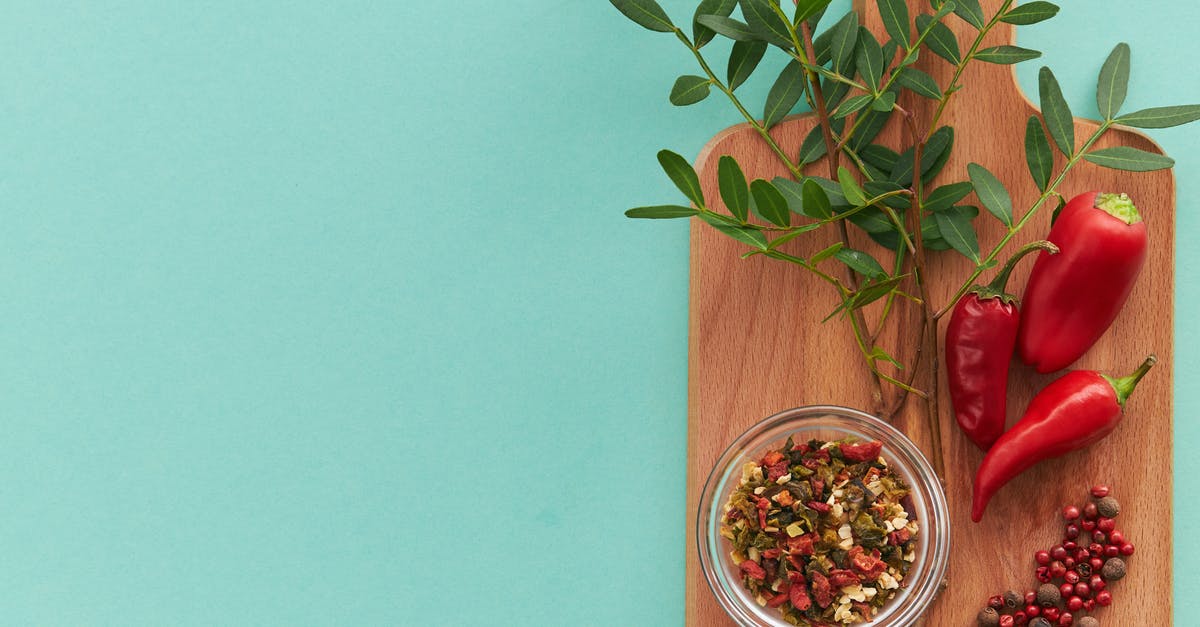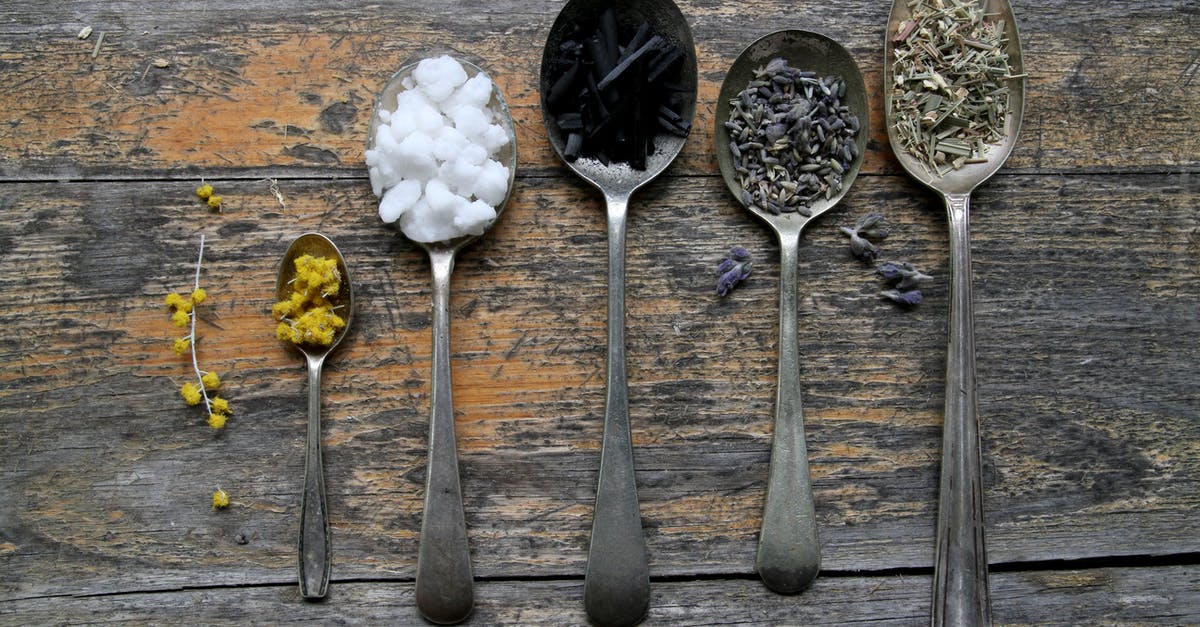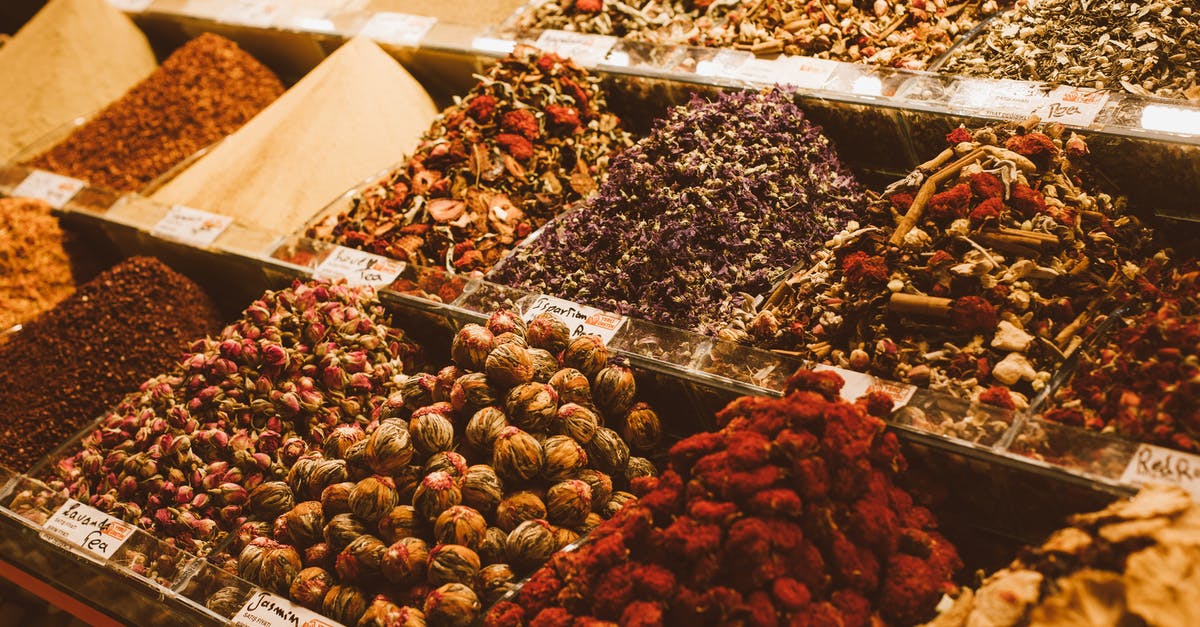Temperature-stable spices

I would find it very useful to have a list of empirical data on temperature-stability of spices.
- Are there any systematical studies available?
- Which spices can easily bear long durations of broiling, hot oven or barbecue?
- Which lose flavor or deteriorate quickly?
- Which develop displeasing flavors?
- Which become unhealthy or even poisonous?
- What can be done to preserve sensitive spices during hot cooking?
This topic comes close to my question. Can someone elaborate somewhat deeper on the matter?
UPDATE: I understand that my question may be too open-ended. I don't expect an exhaustive answer here, just hints and starting points for further study.
Best Answer
Are there any systematical studies available?
I am not aware of any such study or resource, but ignorance of or lack of evidence of a thing doesn't necessarily mean that it doesn't exist.
Which spices can easily bear long durations of broiling, hot oven or barbecue?
Broiling is an especially intense cooking method, directly transferring energy to the surface of the target food by radiation. It also is not a method used for long cooking duration, because it is so rapid, and easily would burn or char the outside of the food.
As a general principle, hard, woody spices and hard seeds tend to be the most heat insensitive: black pepper, cinnamon, anise, nutmeg, cumin and so on.
In the herb family, the hardier herbs (bay leaf, oregano, and sage for example) can stand up to some prolonged cooking without adversely affecting their flavor.
Delicate herbs (cilantro, parsley, tarragon, basil for example) do not fare well as their flavors are very volatile.
Which lose flavor or deteriorate quickly?
See above; this is just a rephrasing of the same question.
Which develop displeasing flavors?
This is an open ended list question.
For a significant portion of the population, cilantro starts with a displeasing flavor.
Badly overcooked garlic can become bitter, if you consider it a spice. Similarly, paprika and many of the capsicum peppers become very unpleasantly bitter when burned.
Most flavors simply lose their intensity and become muted or difficult to perceive.
Which become unhealthy or even poisonous?
I am not aware of any.
What can be done to preserve sensitive spices during hot cooking?
Don't add them during prolonged cooking; add them at near the end of the cooking period or even after cooking is completed.
Pictures about "Temperature-stable spices"



What temperature should spices be stored?
The best storage temperature for herbs and spices is one that is fairly constant and below 70 degrees Fahrenheit. This means products must be kept away from the furnace, stove and the heat of the sun. Temperature fluctuations can cause condensation and eventually mold.Can spices withstand heat?
Whole spices tend to do very well even in the heat and humidity, but they won't always have a distinct smell since the oils haven't been released.What spices dont burn?
As a general principle, hard, woody spices and hard seeds tend to be the most heat insensitive: black pepper, cinnamon, anise, nutmeg, cumin and so on. In the herb family, the hardier herbs (bay leaf, oregano, and sage for example) can stand up to some prolonged cooking without adversely affecting their flavor.Are spices shelf stable?
Under Shelf-Stable Food Safety, the USDA defines spices as a shelf-stable product and in the case of spices, they never truly expire. What occurs over time is that the flavor and potency of that flavor wanes. Whole spices will stay fresh for about four years, while ground spices run between three and four years.Easy Gingerbread Spice Macaron Filling - Room Temperature Stable
Sources: Stack Exchange - This article follows the attribution requirements of Stack Exchange and is licensed under CC BY-SA 3.0.
Images: Vanessa Loring, Vanessa Loring, Ines Iachelini, ROMAN ODINTSOV
